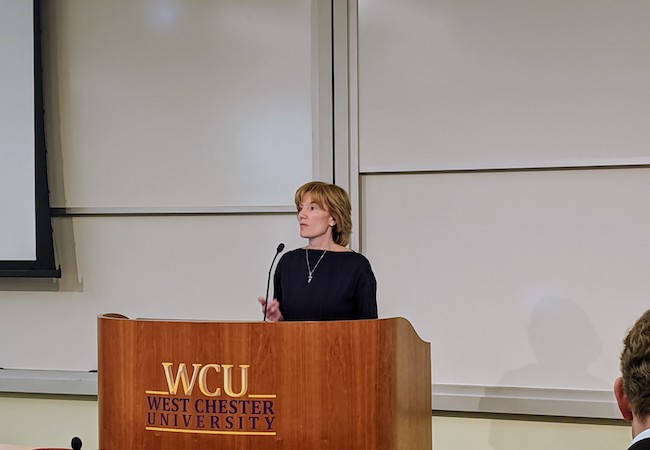Penn GSE News Archive
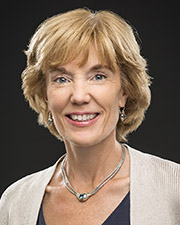
College affordability and the needs of working students
Laura Perna writes that more must be done to recognize the extent to which college students are working and take actions that minimize the harm, and maximize the benefits, of student employment.

Is It Fair to Award Scholarships Based on the SAT?
Laura Perna says "exams increase inequality when you look at who is getting access to aid."
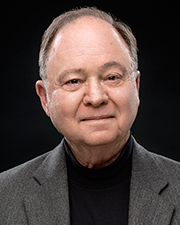
The Oddsmakers of the College Deathwatch
Robert Zemsky discusses market pressures of higher education and his book, The College Stress Test. The conversation around what is happening in higher ed is “caught among extreme visions.” Necessary innovations for systemic change are difficult to pull off, he says.
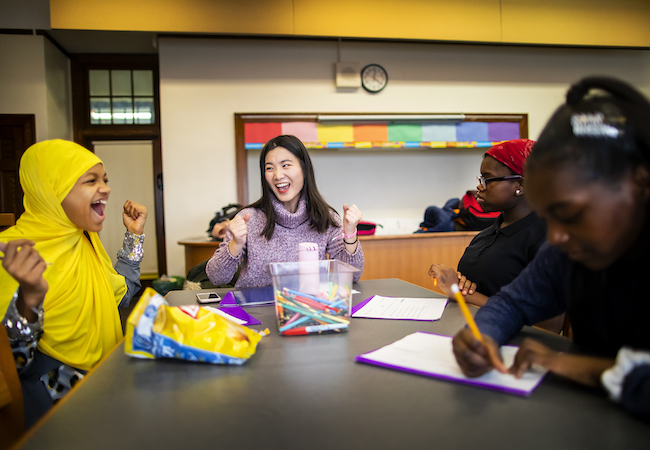
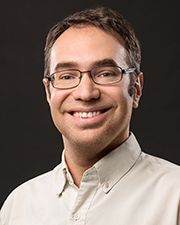
Reframing ed tech to save teachers time and reduce workloads
Ryan Baker discusses AI technology and some of the shortcomings of existing technologies that are available to teachers.
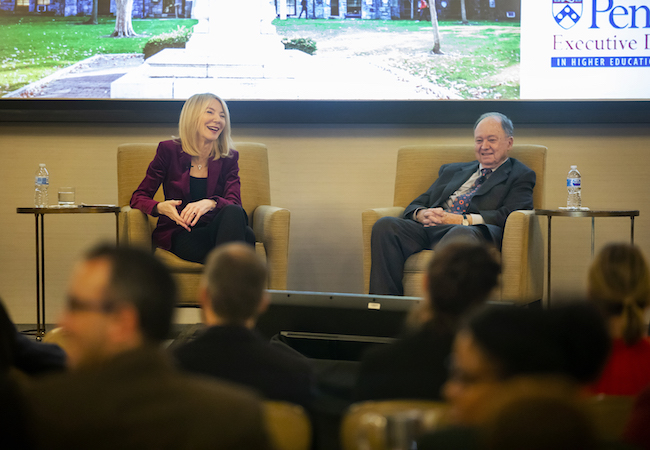
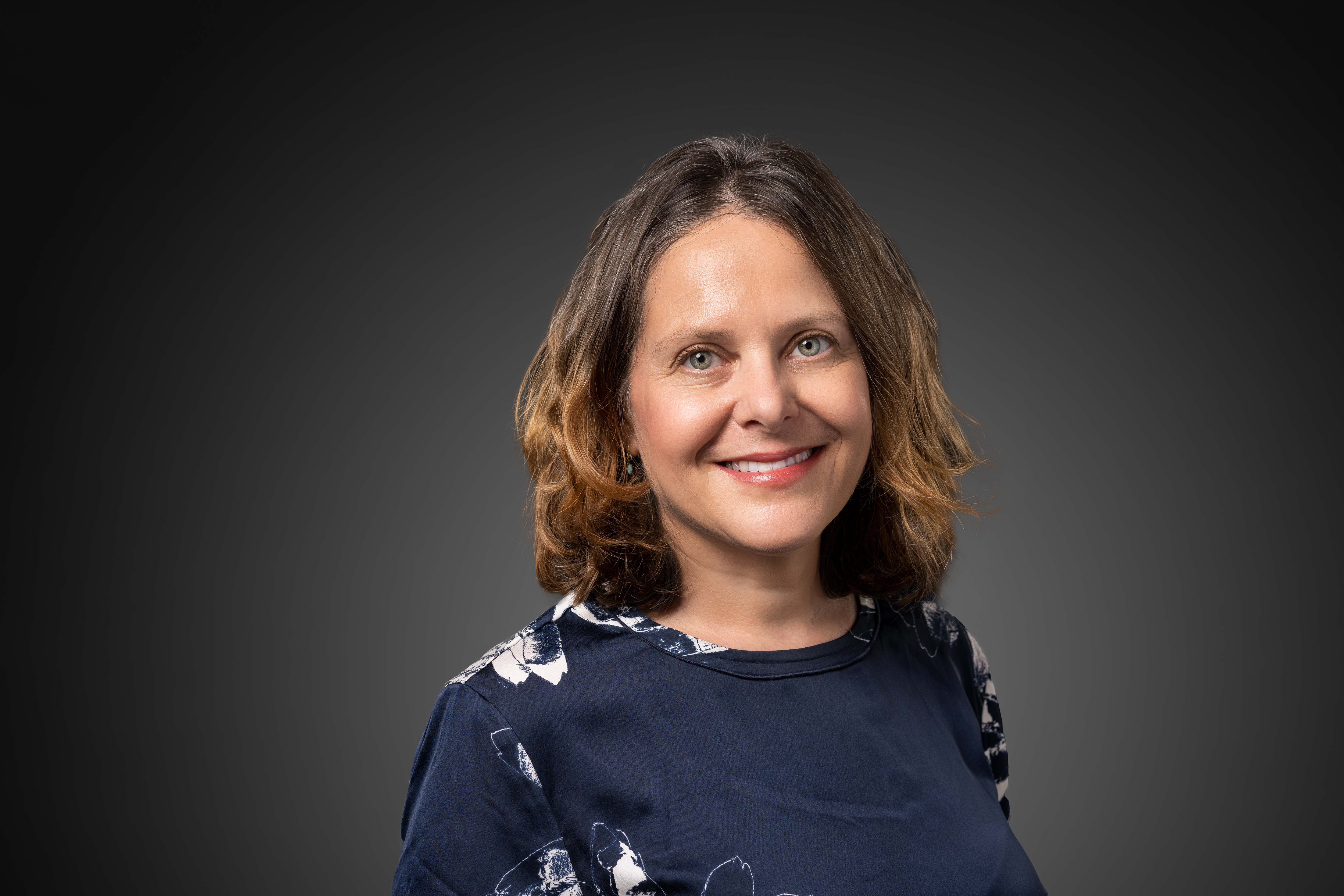
Kentuckiana teachers navigate political minefield to bring impeachment into classrooms
Sigal Ben-Porath explains that providing historical context and a comfortable environment to discuss weighty topics like impeachment can help students become more civic-minded.

Kenney calls for tuition-free community college in Philadelphia, but details remain vague
Laura Perna pointed out that for low-income students, the barriers to attending and completing community college go beyond tuition and fees. Those auxiliary costs include housing, food, transportation and childcare, among other things.
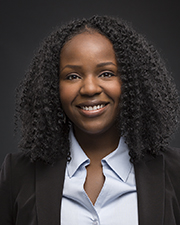
Preserving Family Histories with digital technology in West Philadelphia
Krystal Strong describes the Re/member Black Philadelphia project, a community archiving project which utilizes digital media and technology to document and celebrate the rich experiences, institutions, spaces, and cultures of Black people in the city.
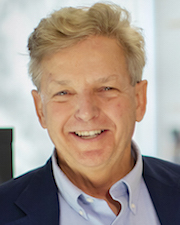
Here's What Gen. Z Teachers Around the World Want in Their Jobs
Richard Ingersoll’s research points out that the overall teaching profession is getting younger.
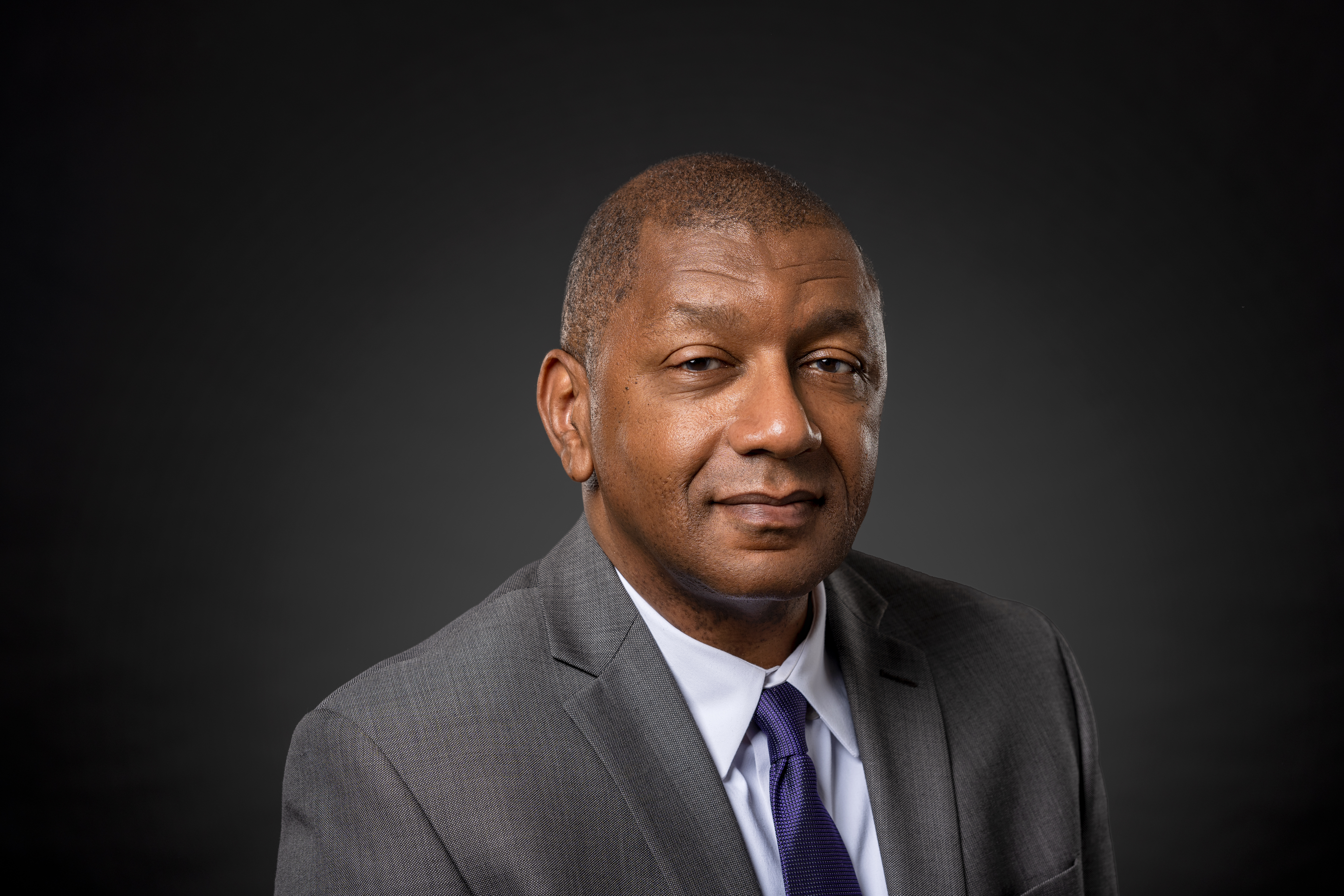
Howard C. Stevenson Named 2020 Gittler Prize Recipient
Howard C. Stevenson was named the 2020 Gittler Prize recipient by Brandeis University. “Not only has Howard Stevenson brought a better understanding of the detrimental effects caused by racial stress and trauma through his scholarship, he actively leads the way in improving the lives of people affected by these issues,” Brandeis President Ron Liebowitz said.


Address the Problem, Not the Symptoms
Peter Eckel suggests that for transformational change to occur, institutions must challenge underlying assumptions, behaviors, processes, and products.
